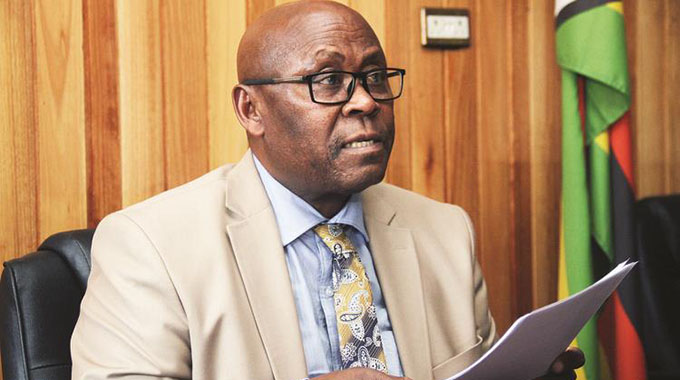Outspoken Umzingwane proportional representation MP Priscilla Misihairabwi-Mushonga has questioned the decision by the government to allow poor-performing Grade Seven learners to proceed to secondary school saying they were likely to fail their Ordinary Level examinations.
Misihairabwi-Mushonga was reacting to Minister of Primary and Secondary Education Cain Mathema’s statement on the 2020 Grade Seven results which he presented in Parliament on Tuesday.
Minister Mathema stated that the Grade Seven examinations are formative in nature and are meant to point out where candidates need assistance in competency development and enhancement in their secondary school education.
The statement was in response to the Speaker of Parliament, Advocate Jacob Mudenda, who last week ordered that a report be prepared explaining the low pass rate, especially in rural schools.
This was after legislators had expressed concern over the national pass rate which were dropped to 37.11 percent from 46.9 percent for the previous year.
Minister Mathema explained that after completing primary school, all learners get absorbed into secondary school where they are graded according to their performances.
“The Grade 7 examination marks the end of primary school by measuring what candidates know and are able to do. After this examination, all students are absorbed in the secondary education system because the Grade 7 examination is not a terminal examination but a formative one which gives information to receiving teachers in the secondary school system,” he said.
“Zimbabweans need to know that the Grade 7 examination is not the old standard 6 certification which was a terminal examination that could give candidates/students avenues to professions. The Grade 7 examination in its current form, simply directs candidates, parents and teachers to areas where candidates need assistance in competency development and enhancement in their secondary school academic lives.”
Mathema said the year-on-year performances for grade sevens keeps changing because of various reasons which may include access to teachers by learners, economic environment which determines parents’ access to learning material for their children and access mostly access to electronic learning platforms especially during this covid-19 pandemic era.
“Attention needs to be drawn to the performance of Grade Seven examination candidates in the COVID-19 pandemic environment and that of 2009 to 2014 during the time of economic meltdown which affected learning by students,” he said.
“During this period like in 2020, teachers were involved in industrial action (strikes) or were claiming incapacitation to carry out their work. There was no meaningful teaching in some schools. These are the factors that affect pass rates in any country in the world.”
However, Misihairabwi-Mushonga argued that grade seven results are equally important as they determine whether the learner can get a place at secondary school or not.
She said the challenge is when children just get accepted to secondary school with poor grade seven results they are likely to fail their ordinary level hence the need to ensure that the primary school level produces good results.
“Minister you indicated that Grade 7 is not a terminal examination but we know that it is being used for purposes of enrolling children into form one. As we speak right now, we have parents who have children who are unable to enrol in schools but the basis for that enrolment is the Grade 7 result. It is important for us to then understand why, if it is not terminal it is used as a criteria of allowing the child to go into form one,” she said.
“The second issue of clarification is for those children that would have failed and are moved on to form one. What happens with them? What we have noticed in the education system is that once they fail Grade 7 they fail O level. We have not heard situations where a child is pushed on to form one and then proceeds to pass O level. What are the interventions that we are putting in as a Ministry to ensure that if a child is pushed into O level even though they have failed, they have proper remedial support to ensure that when they move on to places that are to do with O level they are able to go in?”

